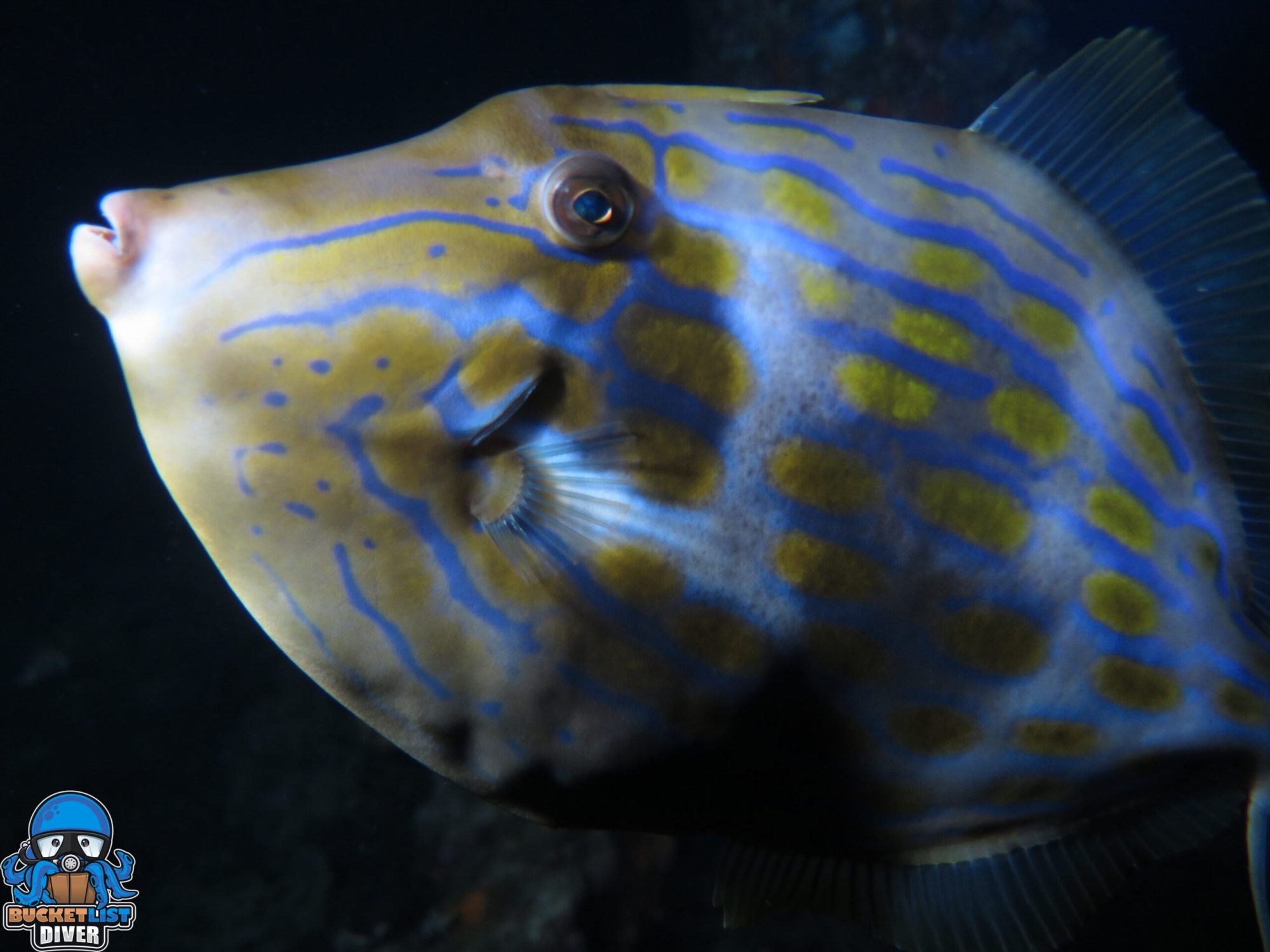3 Steps to Prepare for Your Night Dive

Night diving can be an exhilarating and unique experience, but it also requires special preparation and skills to ensure a safe and enjoyable dive. Here are some tips and tricks for preparing for a night dive:
Choose the Right Gear
Night diving requires some additional gear to ensure your safety and visibility. Here are some essentials to consider:
- Dive light: A dive light is essential for a night dive, as it allows you to see underwater and communicate with your buddy. Make sure to choose a high-quality dive light that is bright and reliable. You may also want to bring a backup light in case your primary light fails.
- Reflective tape: Adding reflective tape to your tank or other equipment can help you and your buddy stay visible in the dark. This is especially important if you’re diving in an area with boat traffic.
- Glow sticks: Glow sticks can be a fun and helpful addition to your gear, as they can help you keep track of your buddy and add some extra visibility. You can attach them to your tank or wrist, or even tie them to your regulator.
- Dive computer: A dive computer is a helpful tool for night diving, as it can track your depth, time, and other important information. Make sure to bring a fully charged and reliable dive computer.
Adjust Your Mindset
Night diving can be an intimidating experience, especially if you’re used to diving during the day. Here are some mindset tips to help you feel more comfortable:
- Take a deep breath: Before you enter the water, take a moment to calm your mind and focus on your breath. Deep breathing can help you relax and stay focused during the dive.
- Visualize the dive: Visualize yourself having a successful and enjoyable dive, from entering the water to returning safely to the surface. This can help build confidence and reduce anxiety.
- Stay present: During the dive, stay present and focused on your surroundings. Avoid getting distracted by your thoughts or fears, and focus on the dive plan and your buddy. Remember to communicate regularly with your buddy and stay within your comfort zone.

Practice Your Skills
Night diving requires some additional skills and techniques to ensure your safety and comfort. Here are some skills to practice before your night dive:
- Buoyancy control: Night diving can be disorienting, so it’s important to have good buoyancy control to avoid hitting the bottom or other objects. Practice hovering in place and adjusting your buoyancy as needed.
- Communication: Communication is key during a night dive, as it can be difficult to see and hear your buddy. Practice hand signals and other communication methods before your dive, and make sure you and your buddy have a clear plan for the dive.
- Navigation: Night diving can be challenging when it comes to navigation, so make sure you’re comfortable with your compass and other navigation tools. Review the dive site map before your dive, and practice navigating in low visibility conditions.
By following these tips and tricks, you can prepare for a safe and enjoyable night dive. Remember to always dive with a buddy, and never push yourself beyond your comfort level. Happy diving!
